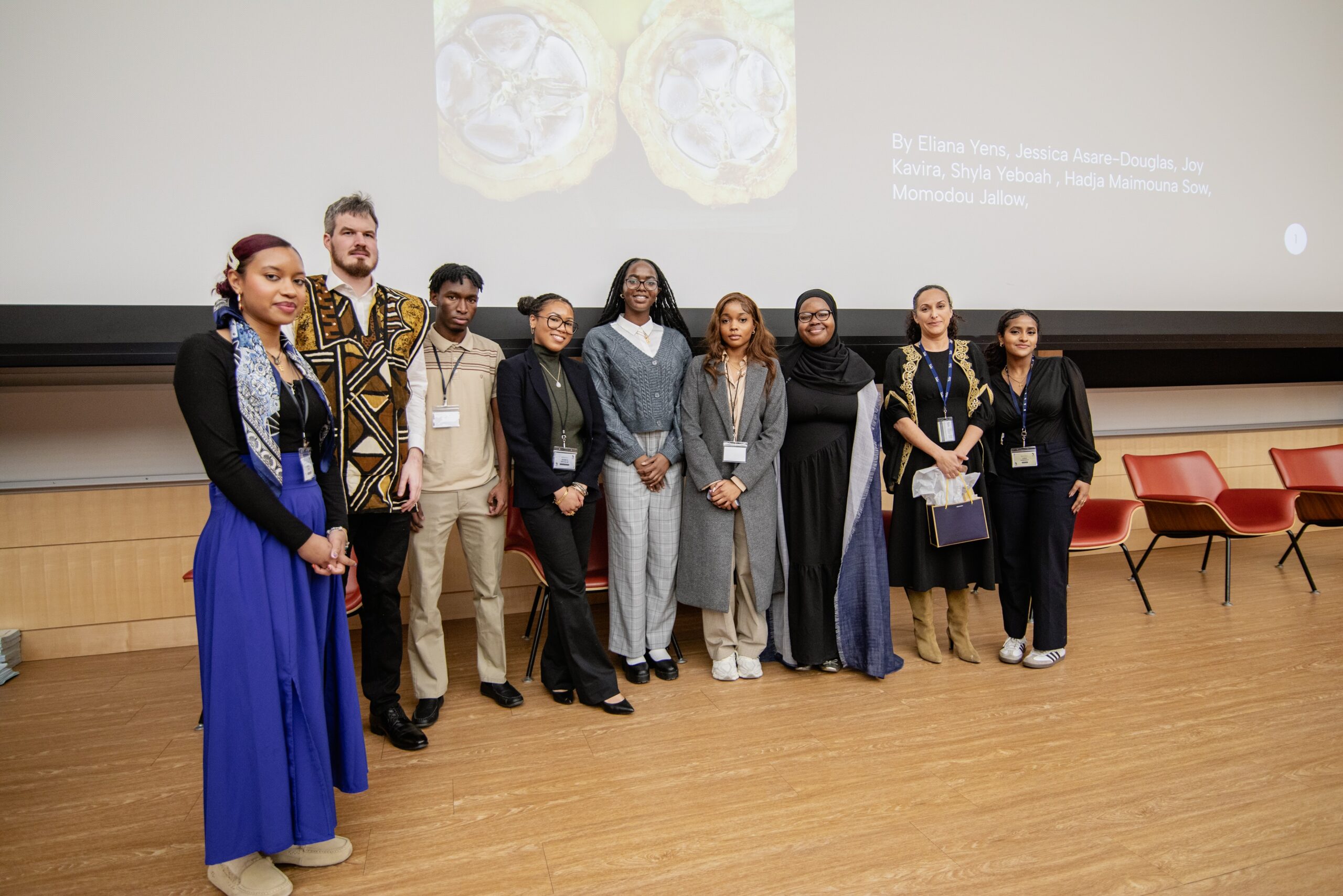At the 2025 Yale Africa Innovation Symposium (YAIS), the conversations around Africa’s future were as bold as they were rooted—and among the standout voices leading that charge was Soraya Hosni, a 2024 Yale World Fellow, anthropologist, entrepreneur, and mother who dreams in eight languages.
Hosni, who led the symposium’s Climate & Sustainability Lab, offered a powerful lens on development—one that centers indigenous knowledge, environmental stewardship, and cultural resilience. Her work is deeply tied to the New Medina Initiative, an effort she founded to preserve heritage zones and empower local communities through sustainable business development. Her mission is clear: to revitalize Africa’s past while building a future that’s economically and ecologically sustainable.
Speaking to an audience of students, academics, policymakers, and entrepreneurs, Hosni emphasized the importance of leveraging Africa’s agricultural traditions and value systems as part of the continent’s innovation story. Rather than detaching progress from identity, she called for a reintegration—where heritage becomes the fuel for forward-thinking solutions.
“Too often, sustainability is treated as a Western export,” she noted during her lab’s presentations. “But on the African continent, sustainability has always been a way of life—rooted in community, in our food systems, in our respect for nature.”
Throughout the symposium, Hosni’s insights helped ground theoretical policy discussions in lived experience. Her anthropological background allowed her to draw connections between culture, ecology, and economy, showing that the road to a thriving Africa must pass through its history.
Her admiration for the event itself was just as evident. She praised the energy, professionalism, and vision of the student organizers and volunteers, commending them for creating a space where young Africans could come together to imagine bold futures.
Equally passionate about food sovereignty, Hosni reflected on Africa’s rich culinary landscape as a direct expression of its agricultural roots. She advocated for a new generation of chefs who not only innovate in the kitchen but also build direct relationships with farmers and land stewards across the continent—from the Congo to Kenya and beyond.
Her presence at YAIS was a reminder that Africa’s innovation doesn’t begin in a lab—it begins in the land, in memory, in language, and in culture. And as she joked about not yet having visited Nigeria—despite her many Nigerian colleagues—she left the door wide open for future connection: “Maybe that will change soon—if Nigerians invite me.”
With grace, intellect, and a powerful sense of purpose, Soraya Hosni brought a critical message to the Yale stage: that Africa’s path forward is not just about new solutions, but about honoring the timeless wisdom that already lives within its people.








